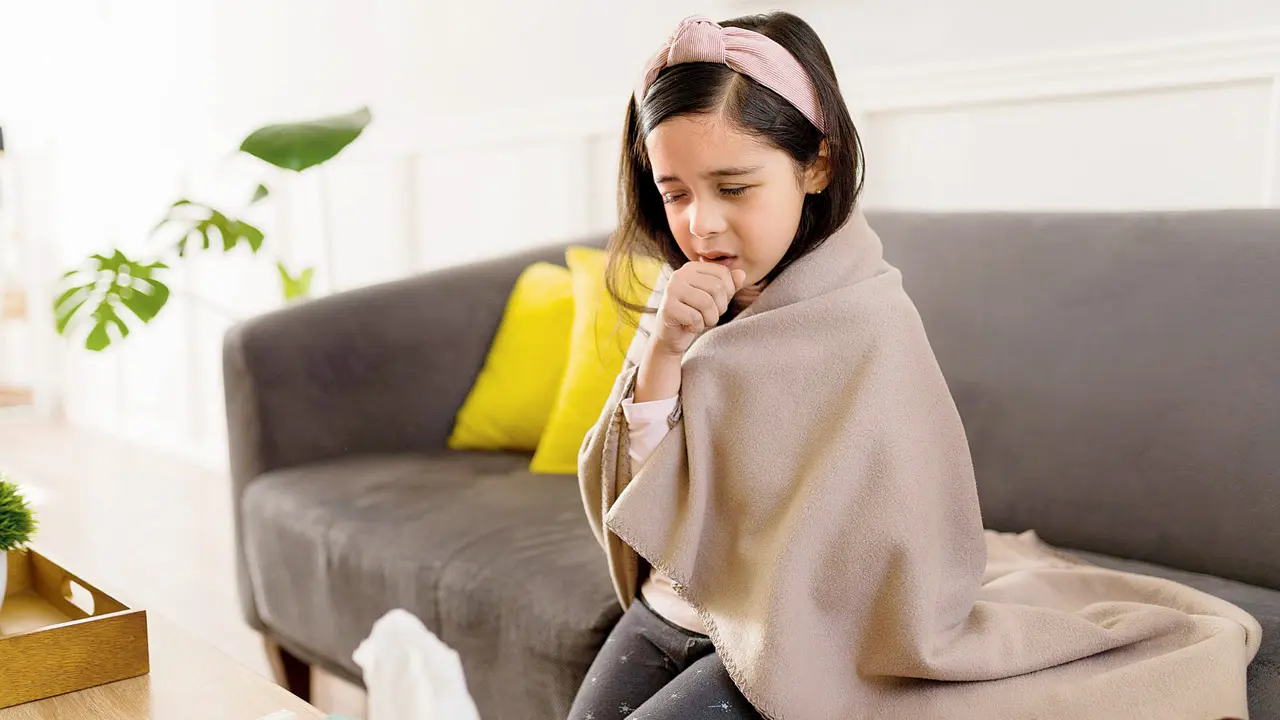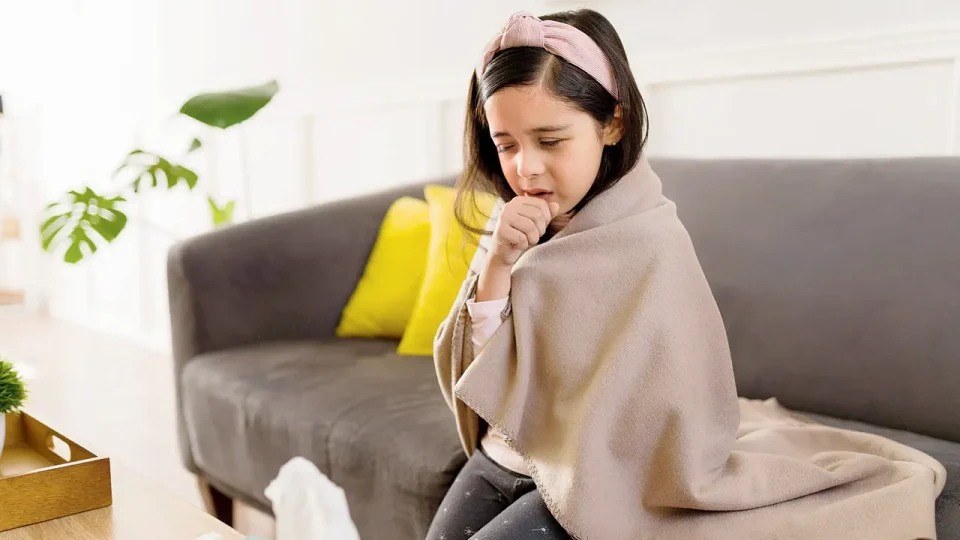
A recent report released by the Brihanmumbai Municipal Corporation (BMC) stated that dengue, malaria and chikungunya cases are on the rise this year as compared to the numbers reported in the previous year. While 1612 cases of malaria were reported between January and May 2024, a total of 1973 cases were reported this year in the same period.
In terms of dengue cases, 347 cases were reported in the same period this year against 338 cases reported in the same period last year. The number of chikungunya cases has seen a massive increase, with 115 cases reported in the first five months of this year against just 21 cases that were reported last year in the first five months of 2024. Also, as per the data shared by the state public health department, as on Wednesday, 61 people tested positive for Covid, with Mumbai having the maximum number of cases with 19 patients.
Speaking about one of the biggest challenges that the doctors are facing, Dr Abhijit Ahuja, pulmonologist, Saifee Hospital, said, “Considering that it is ‘the season of illnesses’, some people start self-medicating at home at least for the first two-three days. So, by the time the patient reaches a specialist, the health condition has deteriorated further. So, at the specialists’ level, this is the most common problem that is faced.” Health experts from across specialities say that in the current situation, where Covid cases and monsoon-related illnesses are both on the rise, vigilance and timely differentiation are key to ensuring proper treatment.
How doctors differentiate?
“The type of fever for each illness is different. If the person has a combination of high fever and chills, then it is mostly a case of malaria. If the combination is of high fever and jaundice, it is usually a case of dengue. If the combination includes cold, cough and low fever, it is generally considered regular flu. Thus, the doctors have to ask the correct questions and dig out from the patient what exactly he/she is experiencing. In case of Covid, the differentiating factor is that the fever persists for over three days,” said Dr Mohan Joshi, dean, Sion Hospital.
Another differentiating factor is the change in symptoms of Covid itself. “This time, Covid has additional symptoms of headache and loose motions. And this has also become a distinguishing symptom for doctors,” said Dr Vasant C Nagvekar, director of infectious diseases, Sir HN Reliance Foundation Hospital, Mumbai.
When to get Covid test?
“If the patient is diagnosed with regular flu and does not show signs of recovery even after flu medication, then he/she can be tested for Covid. However, the patients must not self-test for Covid at home,” said Dr Ahuja. Another situation is where the patient has had a history of Covid or other respiratory illnesses. “Those who had been diagnosed with Covid during the pandemic or those who have acute respiratory illnesses or chronic diseases such as tuberculosis, such patients, if they complain of cold, cough, fever, chills, nausea, stomachache, headache, then we ask them to get tested for Covid,” explained Dr Nagvekar.
Complaints of chest pain are another factor that helps doctors decide whether a Covid test is needed. “Back in 2020, when the medical community first encountered the Covid virus, it was found to be a type of advanced pneumonia caused by a special strain of virus. This strain was deadly because it released chemicals that damaged the lung parenchyma (lung tissues responsible for inhaling and exhaling). Covid pneumonia caused severe chest pain and appeared very differently on X-rays. If someone had Covid pneumonia, multiple patches were seen in the lungs, unlike regular respiratory infections. So, if a person reports severe chest pain, doctors should do an X-ray along with a Covid test. However, so far, there are no such cases, and neither BMC nor the central government has reported signs of Covid pneumonia,” explained Dr Joshi.
Advice to general physicians
“Do not waste time,” say specialist doctors. “It’s a difficult situation to handle because the patients panic if we immediately ask them to get tested for Covid. And if we delay, their condition might worsen. Thus, the general physicians must ask the patient if they have self-medicated at home and if yes, then they should ask for how many days and which medicines the patient has taken. In case the patient has self-medicated for over two days and still has fever, a blood test for dengue and malaria must be advised immediately. In case the patient tests negative for both, a Covid test should be prescribed,” said Dr Apeksha Malekar, an MD who runs her clinic in the city.

